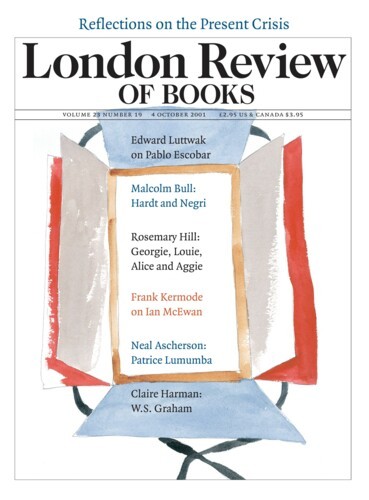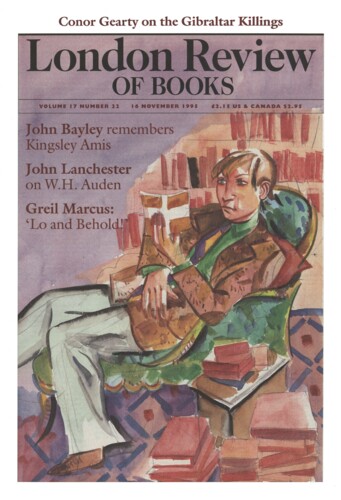Rose Macaulay loved semantics and her most precious possession was her 12-volume Oxford English Dictionary: ‘my bible, my staff, my entertainer, my help in work and my recreation in leisure,’ she wrote to Victor and Ruth Gollancz in a rare display of feeling, after they had replaced the copy destroyed with the rest of Macaulay’s flat during the Blitz. Macaulay was the author of 41 books, and an early ‘media intellectual’ whose university education and illustrious family name, BBC talks and regular appearances on the Brains Trust programmes, sealed her fate as a sort of establishment blue-stocking. Her best books have been called novels of ideas, but could perhaps be more accurately described as diversions, for the ideas in them are seldom allowed to settle: the genteel humour which guaranteed her popularity in her own day and relative obscurity in ours diverts the novels away from anything too conclusive.
Rose Macaulay loved semantics and her most precious possession was her 12-volume Oxford English Dictionary: ‘my bible, my staff, my entertainer, my help in work and my recreation in...




